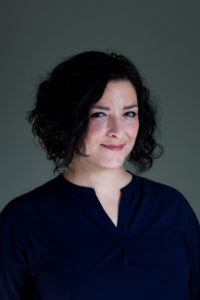What is Art Therapy?
Art Therapy is an integrative mental health profession that enriches the lives of individuals, families, and communities through active art-making, creative process, applied psychological theory, and human experience within a psychotherapeutic relationship.
Art Therapy, facilitated by a professional art therapist, effectively supports personal and relational treatment goals. Art Therapy is used to improve cognitive and sensory-motor functions, foster self-esteem and self-awareness, cultivate emotional resilience, promote insight, enhance social skills, reduce and resolve conflicts and distress, and advance societal and ecological change. (arttherapy.org)
Art therapy incorporates various forms of visual arts (including drawing, painting, sculpture, and related techniques) as a means of communicating and processing difficult situations and emotions. By using these various types of media, clients are able to express emotions without having to put these feelings into words. The British Association of Art Therapists (BAAT) indicates that art therapy offers unique insights due to the nature of its “three-way process between the client, the therapist and the image or artifact.”
The act of creating visual imagery is a right-brain activity. The right brain is the part of the brain where visual memories are stored, as well as the area of the brain that is relied upon the most prior to the development of a person’s ability to use spoken language. This may allow the client to identify and address issues that he or she was too guarded or hesitant to address in the course of traditional talk therapy.
Art therapy can be beneficial in a wide range of cases, including, but not limited to, depression, anxiety, trauma recovery, grief/loss treatment, and addiction recovery.
Meet Our Art Therapists

Julie Day
LPC, ATR

Christy Johnson
Creative Arts Therapist
